Unveiling Insights: Your Gateway to Engaging Blog Discoveries
Journey into a World of Inspiration and Insight.

Managing Your Personal Finances
Managing personal finances effectively is important if you want to achieve financial stability and meeting your long-term goals. Whether you're trying to pay off debt, save for a big purchase, or plan for retirement, the practice of smart financial habits can make a significant difference and today, we will be outlining some key tips and advice on how to better manage your personal finances, helping you take control of your resources better and mitigate potential financial risks in the days ahead.
Create a realistic budget and stick to it
Budgeting is the cornerstone of personal finance management. A well-crafted budget helps you track your income and expenses, ensuring that you're not spending more than you earn.
Track Your Income and Expenses - Start by listing all sources of income and fixed expenses like rent, utilities, and loan payments. Then, track variable expenses like groceries, entertainment, and dining out.
Categorize Your Spending - Group your expenses into categories such as housing, transportation, food, and savings. This will help you see where your money is going and where you can make adjustments.
Set Spending Limits - Based on your income and financial goals, set limits for each spending category. Prioritize essential expenses and allocate funds for savings and debt repayment.
Sticking to your budget requires discipline. Review your budget regularly to ensure it aligns with your financial goals and make adjustments as needed.
Start saving for an emergency fund
An emergency fund is a financial safety net that can cover unexpected expenses, such as medical bills, car repairs, or job loss. Having an emergency fund prevents you from relying on credit cards or loans during financial crises, which can lead to debt accumulation.
Start Small - Aim to save at least around $500 to $1,000 initially. As you go on saving, work towards building an emergency fund that covers three to six months’ worth of living expenses.
Automate Savings - Set up automatic transfers from your checking account to a dedicated savings account to make regular contributions to your emergency fund.
Keep It Accessible - Store your emergency fund in a high-yield savings account where it can earn interest but remain easily accessible when needed.
Prioritize debt repayment
Managing and reducing debt is crucial for better financial health. High-interest debt, such as credit card balances, can quickly spiral out of control if not managed properly so make sure to prioritize paying off your debts first before splurging on new expenses.
List Your Debts - Make a list of all your debts, including balances, interest rates, and minimum payments. This will help you prioritize which debts to pay off first.
Focus on High-Interest Debt - Consider using the avalanche method, where you pay off debts with the highest interest rates first while making minimum payments on others. Alternatively, the snowball method focuses on paying off smaller balances first to build momentum.
Consider Debt Consolidation - If you have multiple high-interest debts, consolidating them into a single loan with a lower interest rate can simplify your payments and reduce interest costs.
Monitor and improve your credit score
Your credit score plays a crucial role in your financial life, affecting your ability to secure loans, credit cards, and favorable interest rates. A good credit score can save you money and open up more financial opportunities.
Check Your Credit Report - Regularly review your credit report for errors or discrepancies that could negatively impact your score. You can obtain a free credit report annually from each of the three major credit bureaus.
Pay Bills on Time - Late payments can significantly lower your credit score. Set up automatic payments or reminders to ensure you pay your bills on time.
Keep Credit Utilization Low - Aim to use no more than 30% of your available credit to maintain a healthy credit score.
Set goals and plan expenses
Whether you're planning to buy a home, start a family, or fund a child’s education, major life events often come with significant financial costs. Planning ahead for these expenses helps you manage them without derailing your overall financial goals.
Set Specific Goals - Define your financial goals and estimate the costs associated with each. This will help you create a savings plan and timeline for achieving them.
Create a Dedicated Savings Account - Consider opening separate savings accounts for each major goal to keep your funds organized and easily track your progress.
Review and Adjust Your Plan - Regularly review your savings progress and adjust your plan as needed to stay on track with your goals.
Remember, the key to financial success is consistency. Make small, positive changes today, and over time, you'll see significant improvements in your financial well-being.
The newest coworking Community in Williamsburg
Come join a community focused on bringing out the best in each member.
Copyright © 2021. All Rights Reserved Harmoney Hub

